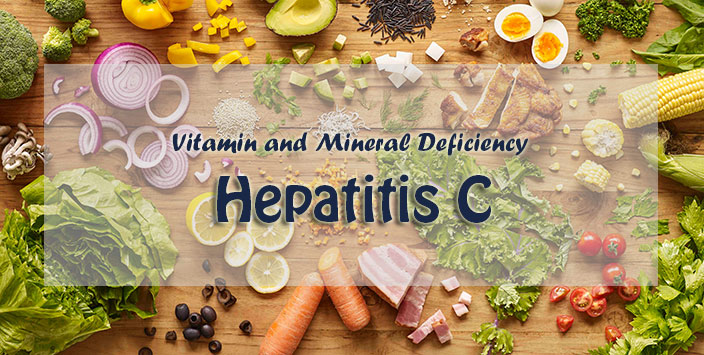Potential Nutrient Deficiencies
The Vitamin Deficiency
Vitamin A
VITAMIN A is a fat-soluble vitamin essential for maintaining good health and proper functioning of the immune system, vision, reproduction, and skin health. It is involved in the growth and development of cells, particularly in the eyes, skin, and respiratory system.
Depending on the age and gender, the recommended daily VITAMIN A intake will vary.
For males:
– Age 14-18 years: 900 mcg
– Age 19 years and older: 900 mcg
For females:
– Age 14-18 years: 700 mcg
– Age 19 years and older: 700 mcg
NOTE: Pregnant and breastfeeding women may need higher amounts of VITAMIN A. It is important to note that taking excessive amounts of VITAMIN A can be harmful, making it essential to follow these recommended daily intakes and speak with a healthcare provider before taking any supplements.
The Mineral Deficiency
Zinc
Selenium
ZINC is an important mineral that plays several vital roles in the body. It is involved in immune function, growth and development, wound healing, and DNA synthesis. It is also important for the senses of taste and smell, and for maintaining healthy skin, hair, and nails. ZINC deficiency can lead to a weakened immune system and delayed growth and development, while excessive intake can be toxic and cause gastrointestinal problems.
The daily recommended intake of ZINC varies depending on age and gender. The following are the recommended daily intake of ZINC:
– Infants aged 0-6 months: 2 mg
– Infants aged 7-12 months: 3 mg
– Children aged 1-3 years: 3 mg
– Children aged 4-8 years: 5 mg
– Children aged 9-13 years: 8 mg
– Adolescents (boys aged 14-18 years): 11 mg
– Adolescents (girls aged 14-18 years): 9 mg
– Adults (men aged 19+ years): 11 mg
– Adults (women aged 19+ years): 8 mg
NOTE: Pregnant and breastfeeding women may need additional ZINC intake, and it is recommended to consult with a healthcare provider to determine the appropriate intake.
SELENIUM is an essential trace mineral of significant role in the human health. It is important for immune system function, thyroid hormone metabolism, and antioxidant activity.
The recommended daily intake of SELENIUM for adults is 55 micrograms per day. However, the exact amount may vary depending on factors such as age, gender, and pregnancy or breastfeeding status.
– Infants (0-6 months) 15 mcg
– Infants (7-12 months) 20 mcg
– Children (1-3 years) 20 mcg
– Children (4-8 years) 30 mcg
– Children (9-13 years) 40 mcg
– Adults (14 years and older) 55 mcg
– Pregnant women 60 mcg
– Breastfeeding women 70 mcg
NOTE: Excessive SELENIUM intake can be toxic, so it’s important to consume it in moderation. You should consult with a healthcare professional or a registered dietitian to determine your specific dietary needs.
- READ MORE




